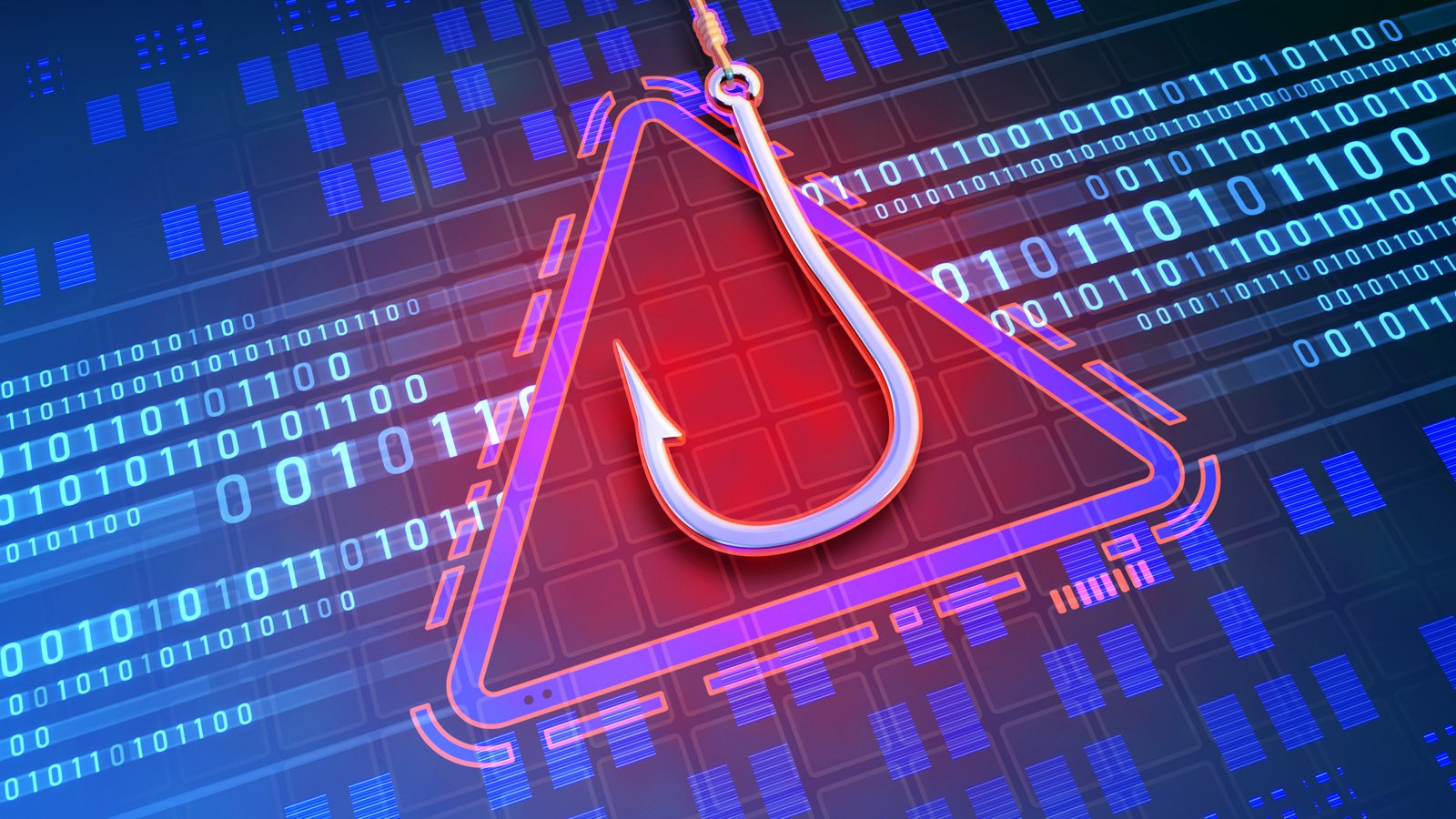The underground market for SMS Bomber services is thriving, with various platforms offering attack services for a fee, highlighting the need for increased security measures in registration pages and APIs.
In an announcement Wednesday, CISA said it worked with industry partners as part of the Joint Cyber Defense Collaborative (JCDC) to create a “clear roadmap to advance security and resilience of the RMM ecosystem.”
The proxy application is silently installed by malware on infected systems without user knowledge or interaction, and it goes undetected by anti-virus software as it is signed.
Threat actors are using advanced cloaking techniques in malvertising campaigns to remain undetected and drop malware, making it more challenging for defenders to identify and report these incidents.
Several LinkedIn users have reported difficulties in recovering their hacked or locked-out accounts through LinkedIn support. Some claimed to have faced ransom demands or account deletion threats. In the past few months, according to Google Trends, there’s been a 5000% increase in searches related to LinkedIn account hacks and recovery.
According to Cofense, who spotted this campaign, this is the first time that QR codes have been used at this scale, indicating that more phishing actors may be testing their effectiveness as an attack vector.
Google on Tuesday announced the release of Chrome 116 to the stable channel with patches for 26 vulnerabilities, including 21 reported by external researchers. Of the externally reported bugs, eight have a severity rating of ‘high.’
The flaws have to do with the service’s lax policy surrounding package names, lacking protections against typosquatting attacks, as a result enabling attackers to upload malicious PowerShell modules that appear genuine to unsuspecting users.
The U.S. Chamber of Commerce urged the Securities and Exchange Commission to delay by a year the effective date of new cybersecurity rules, saying the regulatory move could otherwise have “severe consequences” for companies.
The developers of Raccoon Stealer information-stealing malware have ended their 6-month hiatus from hacker forums to promote a new 2.3.0 version of the malware to cybercriminals.









